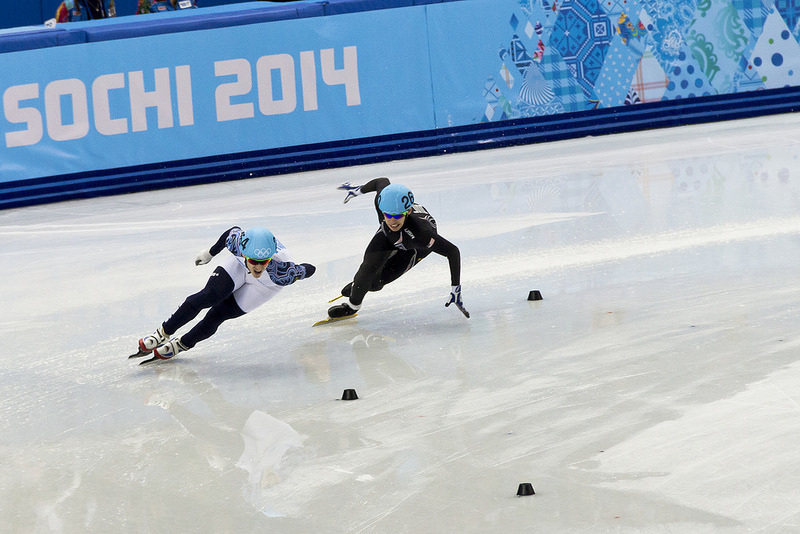| Oslo, Norway was a shoo-in. All it had to do was continue its bid to host the 2022 Winter Olympics and it would have been chosen. That’s the conventional wisdom, anyway. Instead, the capital of one of the world’s richest democracies decided recently to bow out, even though it had been chosen as one of three finalists for the games. That leaves the International Olympic Committee with the unenviable choice of picking between the other two, either Beijing, where the air is horrible |
| | in the winter and mountains suitable for Olympic downhill skiing are far from the city; or Almaty, Kazakhstan, where “corruption, bribery and graft are widespread at all levels of government,” according to the 2014 Index of Economic Freedom, published by the Heritage Foundation and the Wall Street Journal. It’s not much of a choice. In fact, it’s the kind of dilemma that might tempt Utahns. Many people, myself included, have suggested that Salt Lake City offer itself as an Olympic backup, just in case this sort of thing happens. We’ve got the venues left over from 2002. Just spruce them up a bit, build a few more spots for those new sports, send out a call for volunteers and we’re good to go. But before we start painting and polishing, I suggest looking closer at what just happened. There is a reason Oslo — a city that reveres winter sports — stepped away, and it has everything to do with the kind of stuff Utahns became familiar with before the big event 12 years ago. A lot of news stories credit Norway’s decision to the rising cost of hosting the games, and that certainly was a factor. Sochi spent an astonishing $51 billion for the 2014 Winter Olympics. But the decision had as much to do with aggressive reporting by Norwegian media of the demands the IOC was making. The Norwegian newspaper Dagbladet said the IOC had more than 7,000 pages worth of requirements, including special lanes on highways dedicated only to IOC members, with traffic lights programmed to give them priority; and a special cocktail reception with Norway’s king, with all costs borne either by the royal family or the Norwegian Olympic committee. The newspaper Verdens Gang reported demands that the IOC take control of all advertisements within the city and make sure only official Olympic sponsors were allowed space. IOC members were to be guaranteed a separate entrance point to the airport, and approximately 50 chauffer-driven limousines were to be available for their use. “High quality” food and drink would be available in sufficient quantities at all times for IOC members in the stadium. Hotel staff members were to be at their beck and call 24/7. The list goes on and on. Even though the IOC was guaranteeing Oslo $880 million in help toward the cost of hosting the games, these kinds of demands made Norwegians nervous about runaway costs, and public support for the games collapsed. Besides, even in a country where the royal family fills a largely figurehead roll, no one demands a meeting with the king, let alone a cocktail party for which he must pay. It is instructive to remember that, although nothing excuses the way Salt Lake organizers lavished gifts on IOC members leading up to the 2002 bid, it was the IOC that demanded as much. Apparently, little has changed as far as attitudes go, or as Dagbladet calls it, the “pamper requirements” surrounding the games. Officials in Utah are waiting for the United States Olympic Committee to decide whether to submit a bid to host the 2026 Winter games. A task force Gov. Gary Herbert appointed already has concluded it would be a good thing for the state to give it another go. I agree with all the great things people have said about the benefits of hosting the 2002 Olympics. Of all Olympic cities, this one has preserved a legacy that continues through Olympic training centers, international competitions and tourism. But the Oslo experience should give pause to any bidder. The IOC takes a lot of the fun out of hosting the games. |


 RSS Feed
RSS Feed

